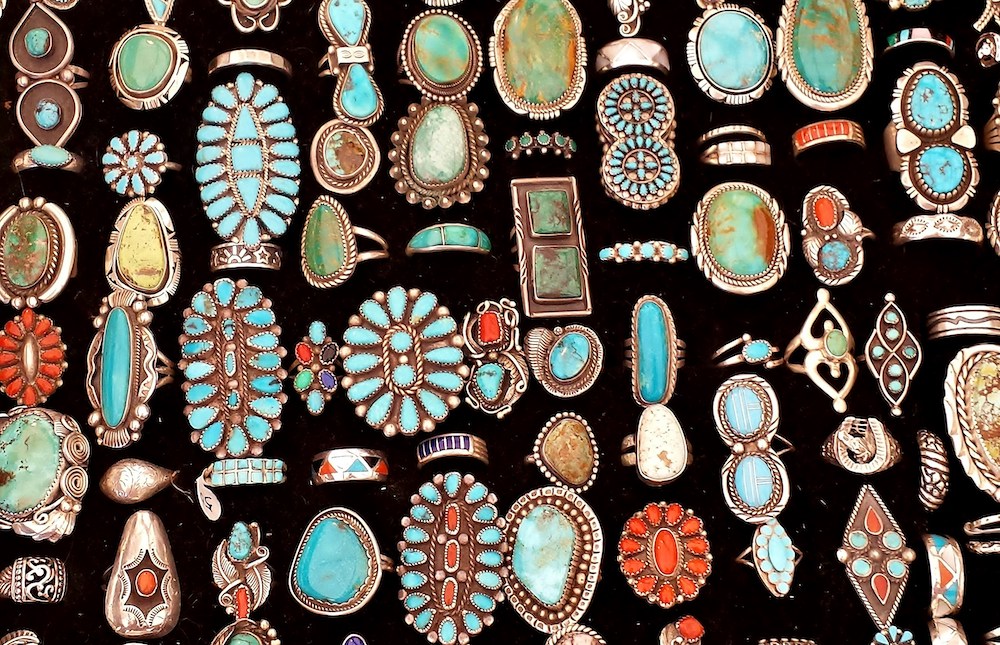
- Details
- By Tribal Business News Staff
- Arts and Culture
A Florida man has been indicted for allegedly selling fake Native American jewelry at art shows across the United States, according to the Department of Justice.
Jose Farinango Muenala, 45, of Casselberry, Fla., was charged with wire fraud, mail fraud, and misrepresenting Indian produced goods, according to an indictment unsealed by the U.S. Attorney’s Office for the Western District of Wisconsin on July 19, 2024.
“The indictment announced today is not only about enforcing the law, but also about protecting and preserving the cultural heritage of Native Americans,” U.S. Attorney Timothy M. O’Shea said in a statement.
The indictment alleges that between Dec. 2015 and Jan. 2024, Farinango Muenala falsely claimed to be Native American and that he made the jewelry he sold at art shows. He allegedly applied to shows while claiming membership in the “Pueblo Nation of New Mexico,” a fabricated tribe.
The indictment further details how Farinango Muenala allegedly used a variety of methods to deceive potential customers, including sending emails and applications to art show organizers through the mail.
“Those that market fake Indian art and craftwork tear at the very fabric of Indian culture and livelihoods and prey upon unwitting consumers,” Meridith Stanton, director of the Interior Department’s Indian Arts and Crafts Board, said in a statement. “The Indian Arts and Crafts Act is intended to rid the marketplace of fakes to protect the economic well-being of Tribal communities and the authenticity of these cultural treasures.”
The investigation into Farinango Muenala was a joint effort between the U.S. Fish and Wildlife Service and the Indian Arts and Crafts Board.
“Authentic Indian art and craftwork is an important tool for passing down cultural traditions from one generation to the next,” Edward Grace, assistant director of the U.S. Fish and Wildlife Service Office of Law Enforcement said in a statement. “We remain committed to working with our partners to safeguard these traditions and the artists who create them.”
Farinango Muenala faces a maximum sentence of 20 years in prison for the wire and mail fraud charges, and up to 5 years for misrepresenting the origin of the jewelry. An initial court appearance is scheduled for July 30, 2024, in the Western District of Wisconsin.
This case adds to a growing trend of federal action against the sale of imitation Native American art. Earlier this month, a Washington state family was sentenced for selling over $1 million of Philippine-made products as authentic Alaska Native artwork. That family’s scheme involved creating a company in the Philippines specifically to produce imitations of Alaska Native art, which they then shipped to their stores in Ketchikan, Alaska.
One store, Alaska Alaska Stone Arts LLC, primarily sold stone carvings. The other store, Rail Creek LLC, primarily sold wood totem poles. The carvings and totem poles were sourced from Rodrigo Creative Crafts, a company owned by one of the family members, Glenda Rodrigo, and located in the Philippines.
